Idea by
Indira van 't Klooster
A10 new European architecture Cooperative
Call for ideas 2018
Radical Ruralities
Radical Ruralities
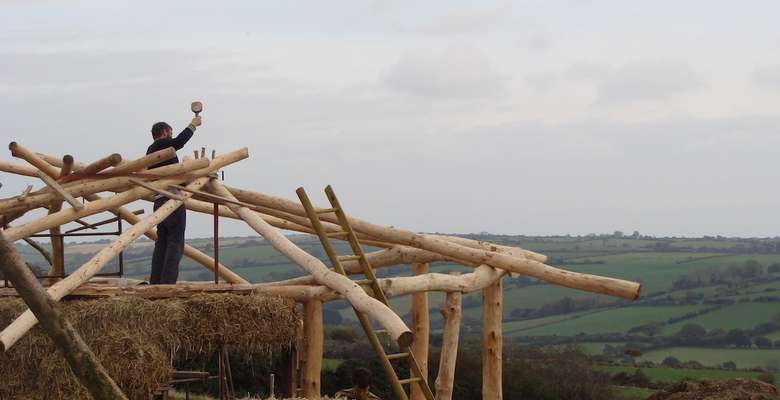
In various intentional communities, people are trying to find new ways of making society and democracy, moving towards a more balanced relationship with natural resources, closer inter-human relationships, and alternative exchange systems (of goods and money). These communities try to find new ways of recreating Europe by experimenting small-scale. The barriers between city and landscape are blurring. We tend to focus on urbanization, but Europe’s rurality is in fact a vital element of its ecosystem for food, water, resilience and sustainability. The European countryside is vital in the food and climate chain. The selected 12 living labs range from small (15 people) to large (15.000 people), from focus on social and democratic transformation to agricultural innovation, from diy/autarky to millionaire’s glam living, from self-sustainable living to creating regional or even global networks with the aim to offer alternatives to neoliberal capitalist production methods.
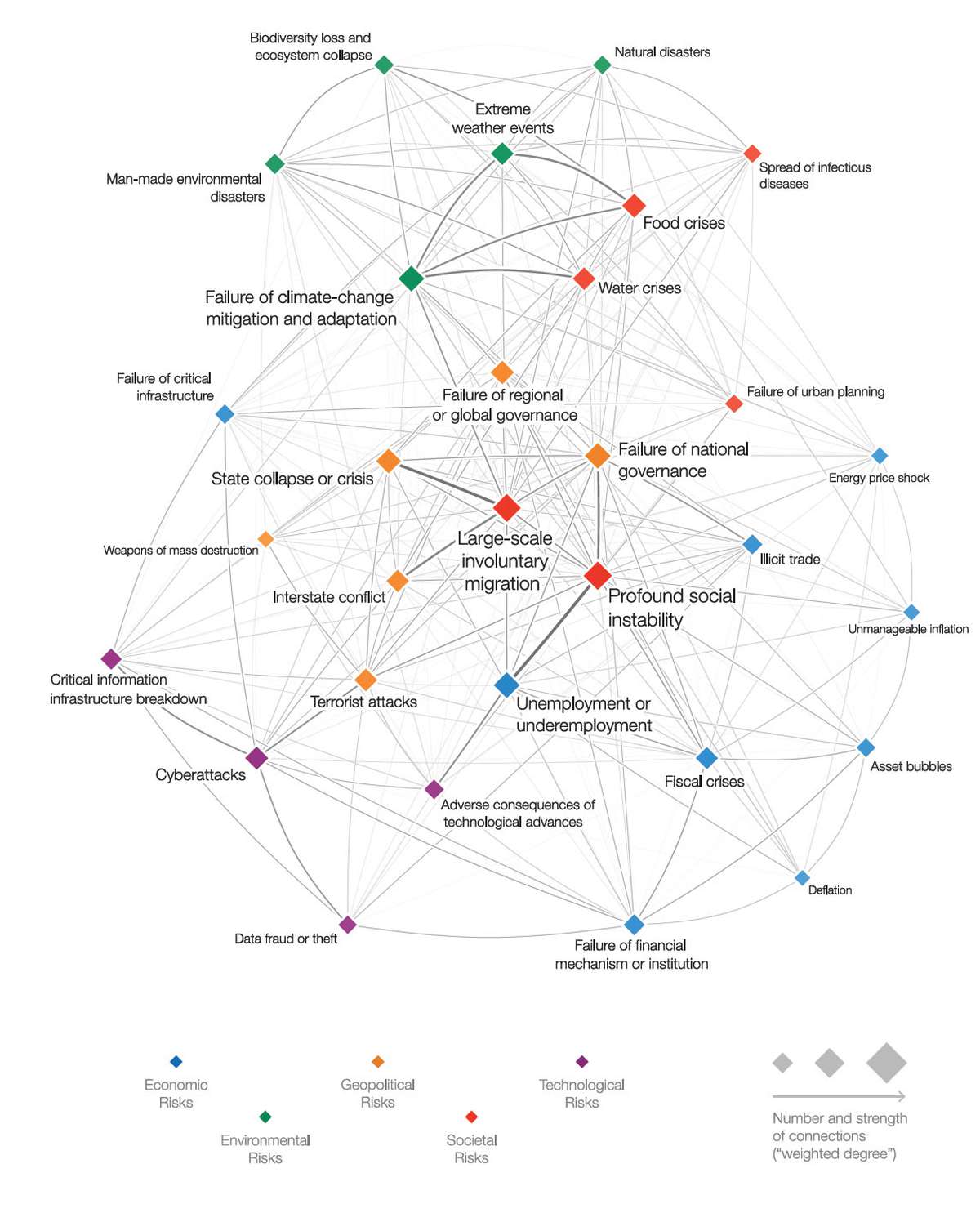
The Global Risk Report claims a strong relation between failing regional or global governance and food- and water crises, extreme weather events and biodiversity loss. It is no surprise then that people have been looking for alternatives to save the world or at least to lead a live that is more fulfilling and less harmful to earth and its inhabitants.
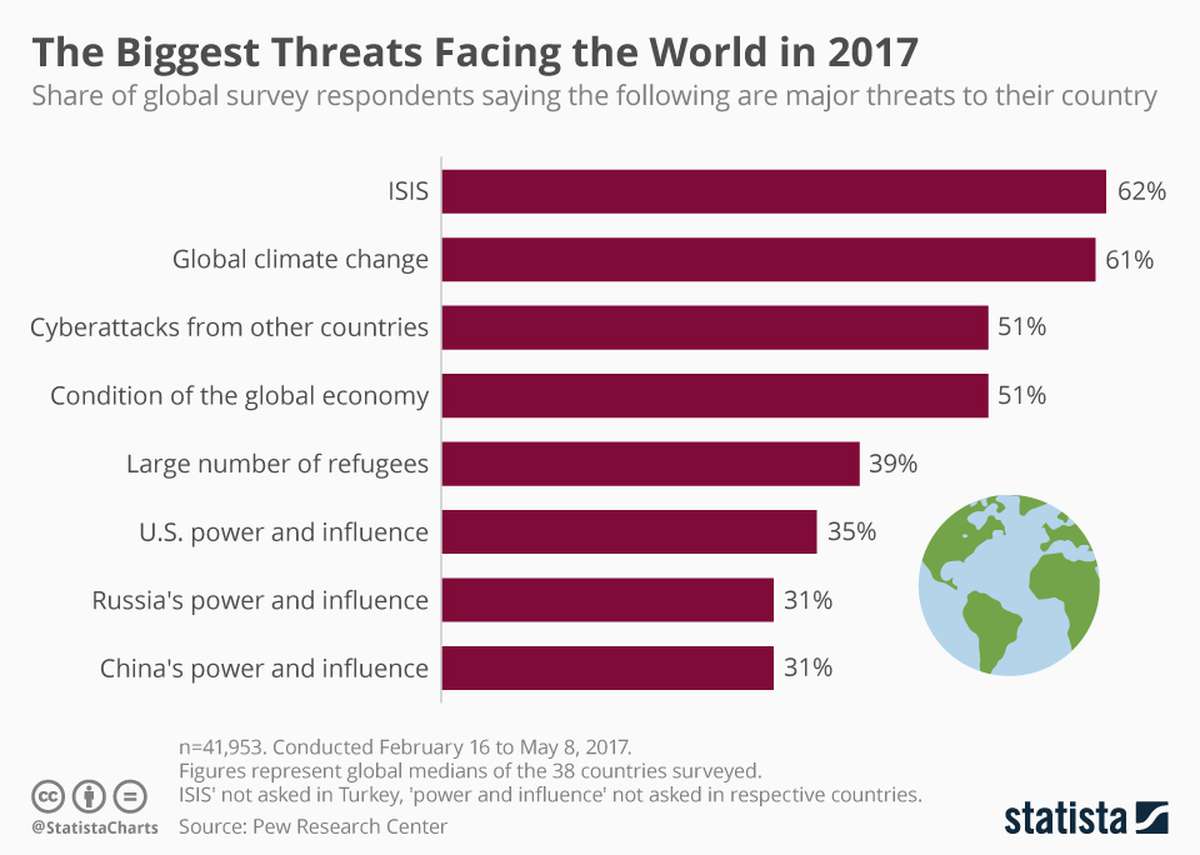
What is wrong with our democracies? One could say that nothing is wrong, but that we are facing a time of misunderstanding the concept of democracy, combined with an evil tendency from today’s rulers (Jacques Rancière, Hatred of Democracy, 2005). Or that capitalism and neoliberalism have too much control over our processes (Colin Crouch, Post-Democracy, 2004). Or that politics as such have become too complex to understand for ordinary citizens (Sheldon Wolin, Fugitive Democracy, 1994).
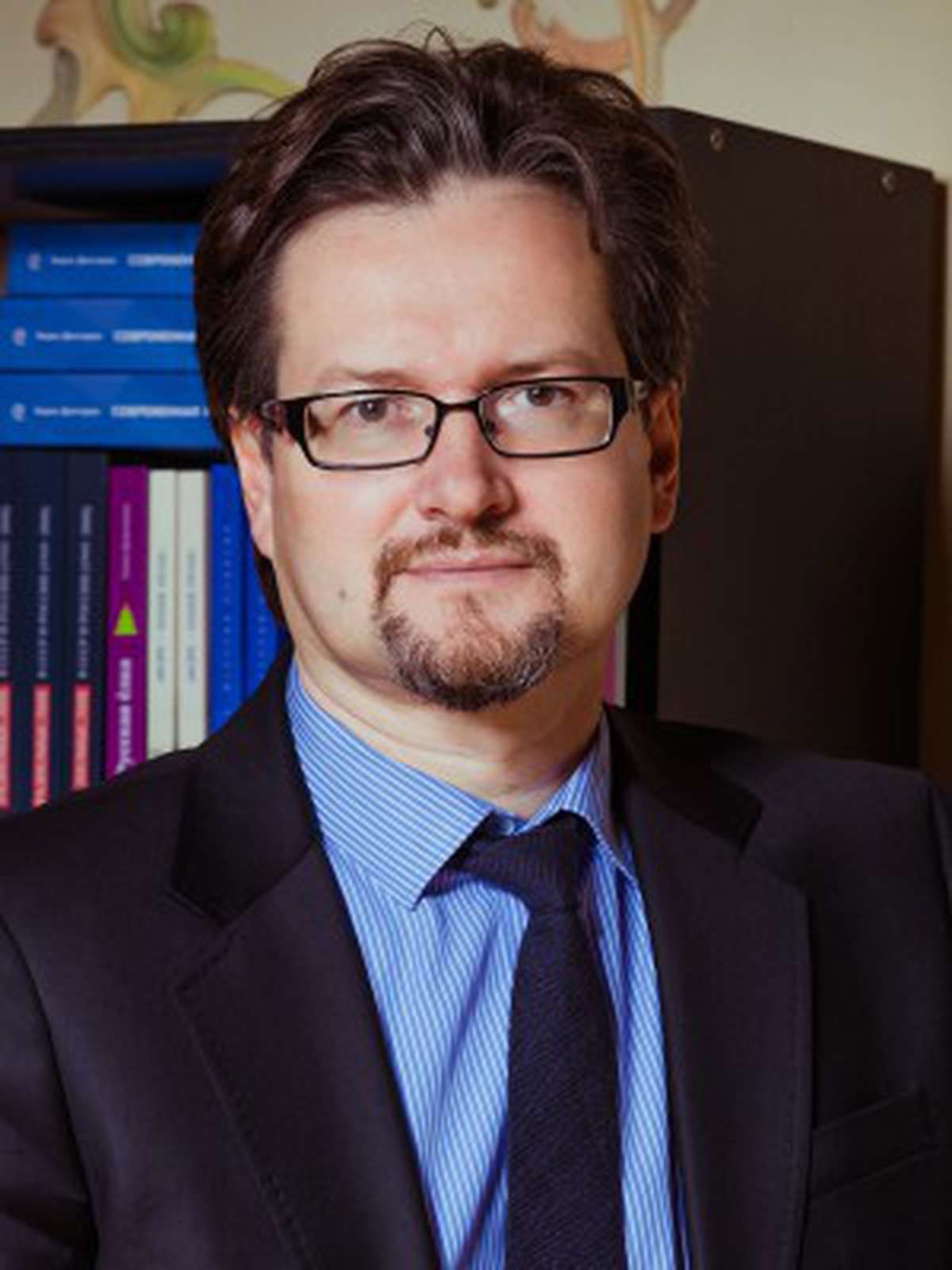
Kharkhordin explores the principles of political friendship as to how small interpersonal networks are integrated in the broader society, his answers refer to specific Russian circumstances, but are oddly applicable to alternative societies. Equal needs and beliefs are enriched with unrestricted personal relationships that aim to contribute to mutual self-development based on honesty and trust, which is exactly the basis of many House Rules and Rules of Commitments in intentional communities.

Literature: In the 1990s one particular book shook utopian society. The story of a Russian entrepreneur who claimed to have met Anastasia, a beautiful young woman raised deep in the Siberian taiga living in complete harmony with her immediate surroundings, was long held to be true. In no time the book went into its 10th volume, each containing valuable lessons in artless, simple living, and millions of readers in 20 languages. It has been an inspiration to many utopian societies worldwide since.
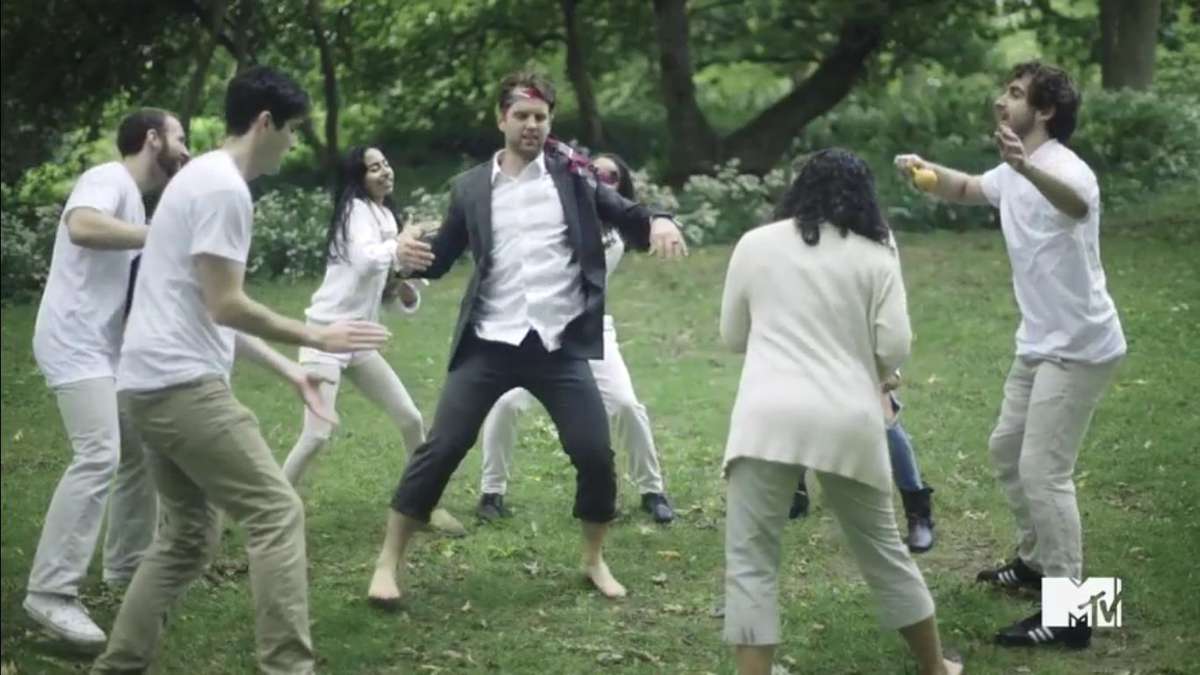
Founding a community is like starting a business. And just like start-up businesses, 90% of ecovillage projects fail within the first five years. Personal disagreements, poor facilitation, and financial difficulties are amongst the most common reasons for this. Communities that survive attract the attention of scientists, because of the claims they make, usually in the field of more sustainable living, zero carbon emission and experiments in alternative social and decision models.
Radical Ruralities
Radical Ruralities

In various intentional communities, people are trying to find new ways of making society and democracy, moving towards a more balanced relationship with natural resources, closer inter-human relationships, and alternative exchange systems (of goods and money). These communities try to find new ways of recreating Europe by experimenting small-scale. The barriers between city and landscape are blurring. We tend to focus on urbanization, but Europe’s rurality is in fact a vital element of its ecosystem for food, water, resilience and sustainability. The European countryside is vital in the food and climate chain. The selected 12 living labs range from small (15 people) to large (15.000 people), from focus on social and democratic transformation to agricultural innovation, from diy/autarky to millionaire’s glam living, from self-sustainable living to creating regional or even global networks with the aim to offer alternatives to neoliberal capitalist production methods.
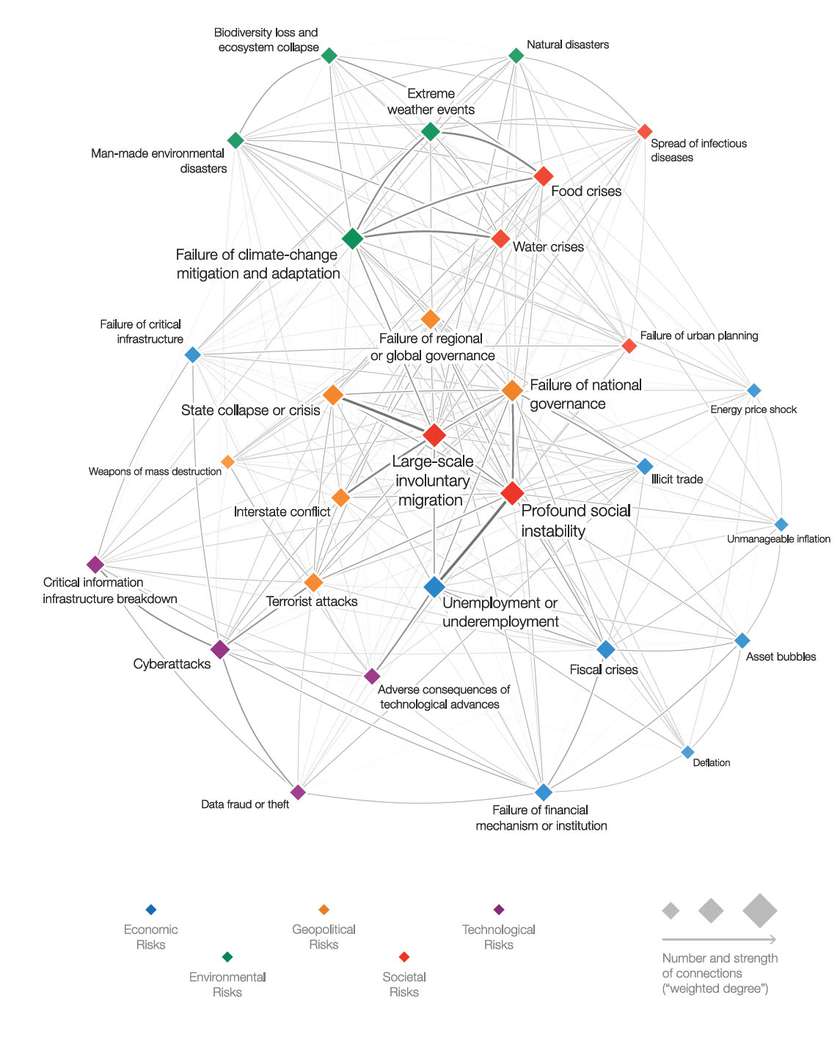
The Global Risk Report claims a strong relation between failing regional or global governance and food- and water crises, extreme weather events and biodiversity loss. It is no surprise then that people have been looking for alternatives to save the world or at least to lead a live that is more fulfilling and less harmful to earth and its inhabitants.
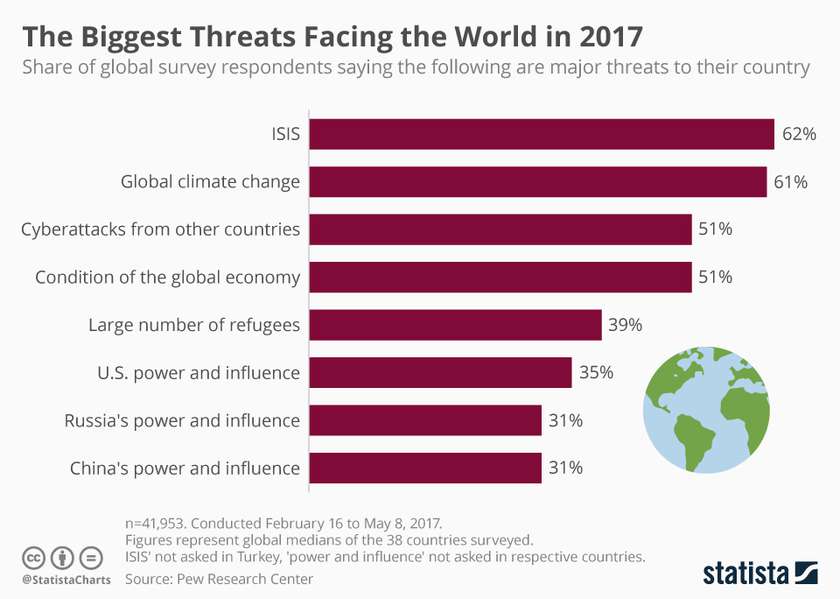
What is wrong with our democracies? One could say that nothing is wrong, but that we are facing a time of misunderstanding the concept of democracy, combined with an evil tendency from today’s rulers (Jacques Rancière, Hatred of Democracy, 2005). Or that capitalism and neoliberalism have too much control over our processes (Colin Crouch, Post-Democracy, 2004). Or that politics as such have become too complex to understand for ordinary citizens (Sheldon Wolin, Fugitive Democracy, 1994).
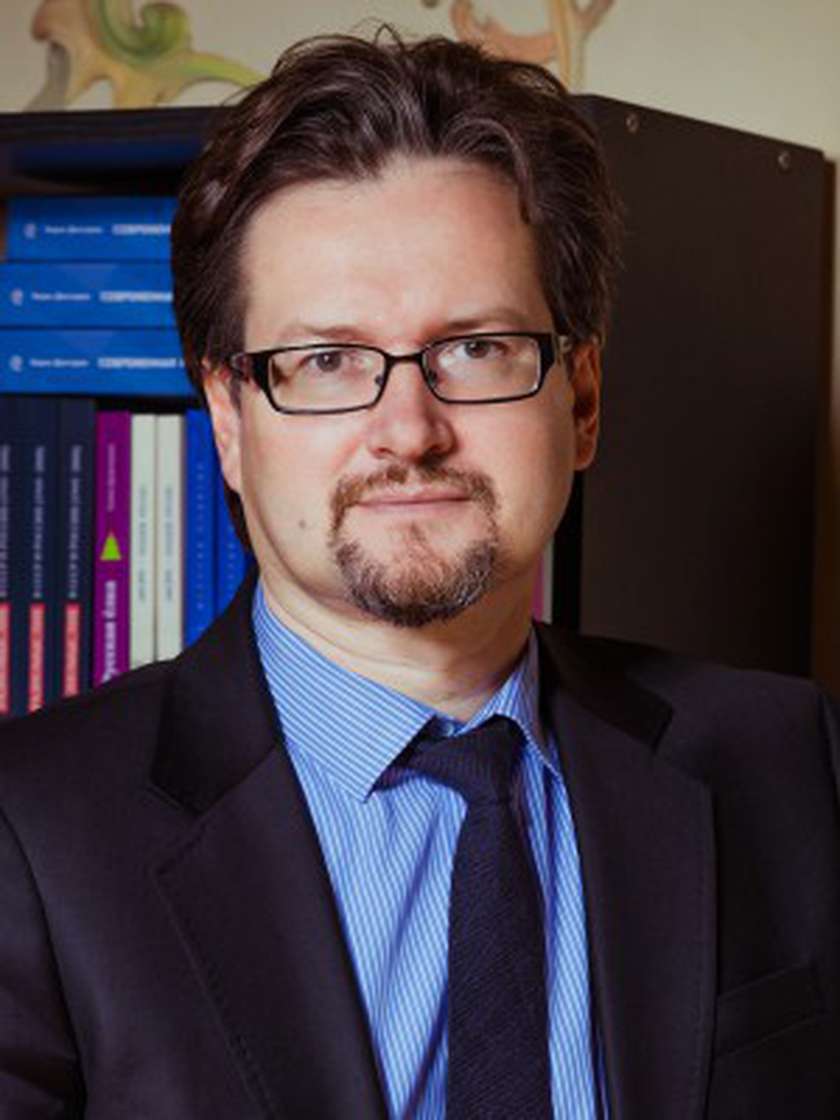
Kharkhordin explores the principles of political friendship as to how small interpersonal networks are integrated in the broader society, his answers refer to specific Russian circumstances, but are oddly applicable to alternative societies. Equal needs and beliefs are enriched with unrestricted personal relationships that aim to contribute to mutual self-development based on honesty and trust, which is exactly the basis of many House Rules and Rules of Commitments in intentional communities.
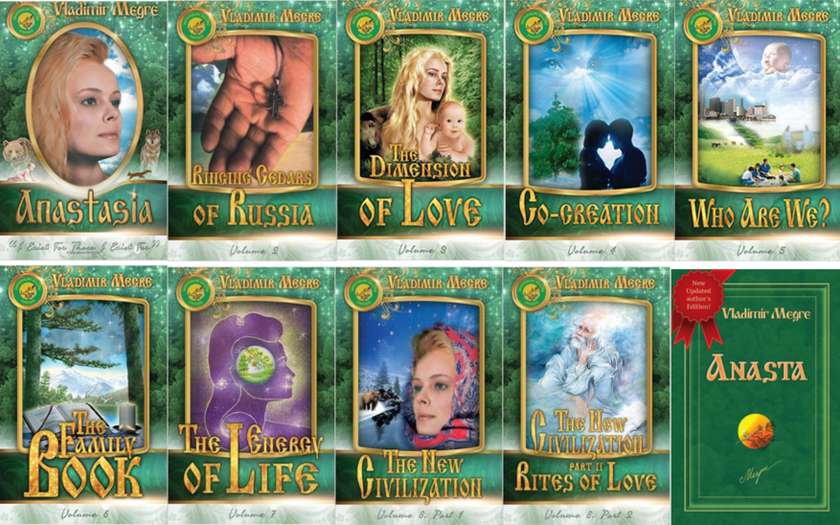
Literature: In the 1990s one particular book shook utopian society. The story of a Russian entrepreneur who claimed to have met Anastasia, a beautiful young woman raised deep in the Siberian taiga living in complete harmony with her immediate surroundings, was long held to be true. In no time the book went into its 10th volume, each containing valuable lessons in artless, simple living, and millions of readers in 20 languages. It has been an inspiration to many utopian societies worldwide since.
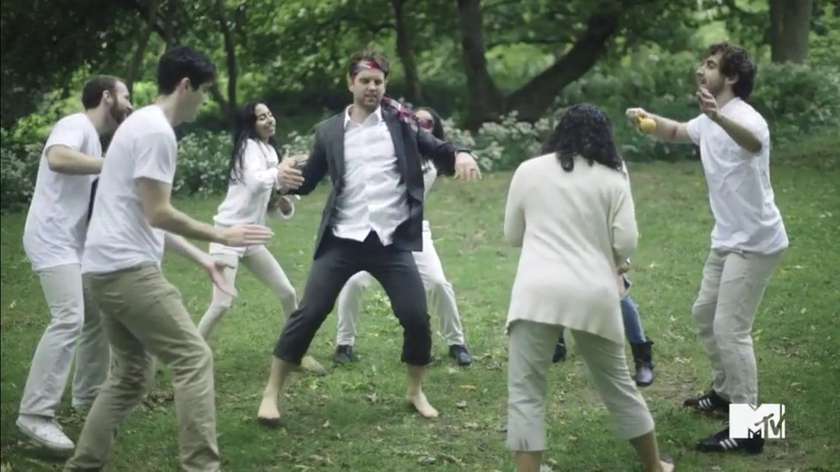
Founding a community is like starting a business. And just like start-up businesses, 90% of ecovillage projects fail within the first five years. Personal disagreements, poor facilitation, and financial difficulties are amongst the most common reasons for this. Communities that survive attract the attention of scientists, because of the claims they make, usually in the field of more sustainable living, zero carbon emission and experiments in alternative social and decision models.